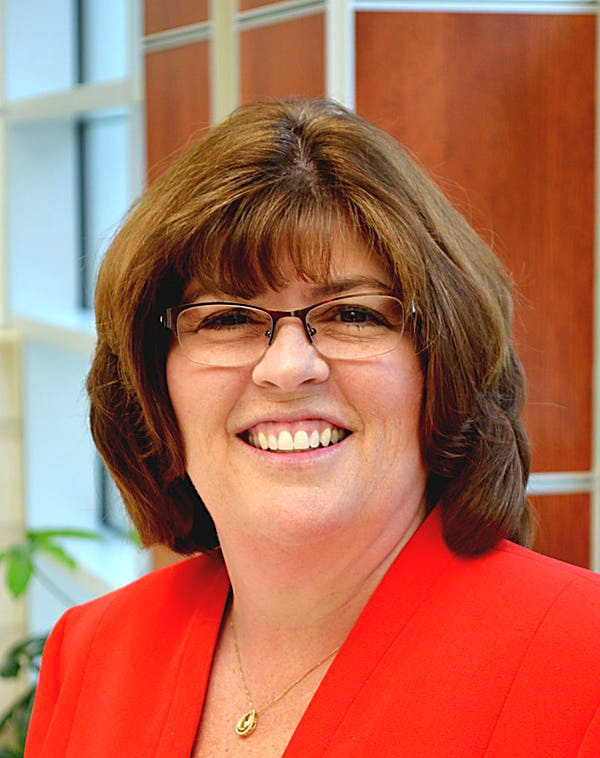
You know your body better than anyone else, and listening to it can save your life, which Michele Ridge, chief operating officer and chief nursing officer for IU Health Paoli Hospital knows all too well.
“It was 2009, and I hadn’t been feeling well,” says Ridge. The then 42-year-old nurse was visiting the doctor every three months, and they thought the issues stemmed from pre-existing thyroid issues or her having gone through menopause at 40.
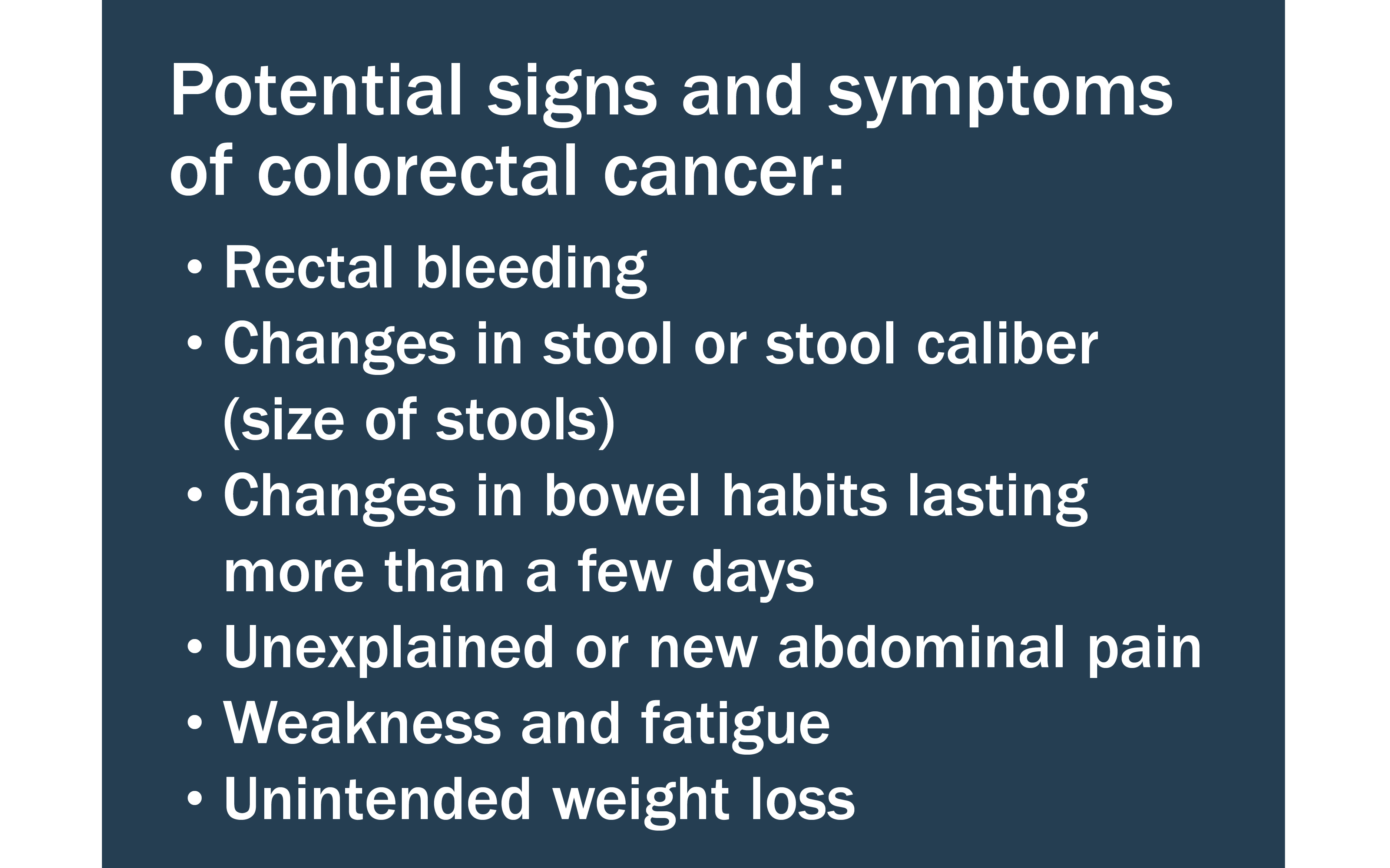
But with no reason for a 30-pound weight drop, a change in bowel pattern, and a three-point hemoglobin drop—she knew something was wrong.
“I saw everybody I was supposed to see before deciding to go see a specialist,” says Ridge. “I went in to see Daniel Selo, MD, a gastroenterologist. I looked at him and said, ‘I really think something’s wrong with me. I think I might have cancer.’”
Selo agreed the diagnosis was likely and scheduled a colonoscopy, during which they found a rectal tumor and polyps all the way up to her small intestine. Even without the biopsies, they knew it was cancer. And it turns out, it was stage-four.
Ridge has made many friends throughout her healthcare career, in fact, she was the director of the endoscopy department at the time of her colonoscopy and had managed the specialty team for ten years. These people were her friends, and she is so thankful for how well they took care of her while maintaining her privacy during this very stressful time.
Locally, there was one oncologist she could have seen, but the wait was three months to see them.
So, as she prepared for the next part of her journey, she did what any nurse would do—she called on her friends to see who they thought would be the best oncologist to help her fight stage-four colorectal cancer.
Three people all recommended the same doctor—Paul Helft, MD.
Helft sent her to a colon and rectal surgeon, Bruce Robb, MD.
“The day I went to the office was the most whirlwind, comprehensive experience I’ve ever had,” Ridge says. “I saw the surgical oncologist, medical oncologist, radiation oncologist, social worker, nutritionist, genetic counselor, and social worker all in one day, and I never moved. The team came to me.”
Helft says the multidisciplinary team approach is essential for colorectal cancer patients. There are many needs, and young patients, in particular, can have various concerns, so they want to make those resources available.
And at the end of the day, Ridge met with the surgeon again, who laid out her options and told her and her husband, Steve, to go home and think about what they wanted to do.
One option required daily radiation for six weeks, and while she didn’t want to drive back and forth to Indianapolis every day her husband pushed her to go the literal extra miles.
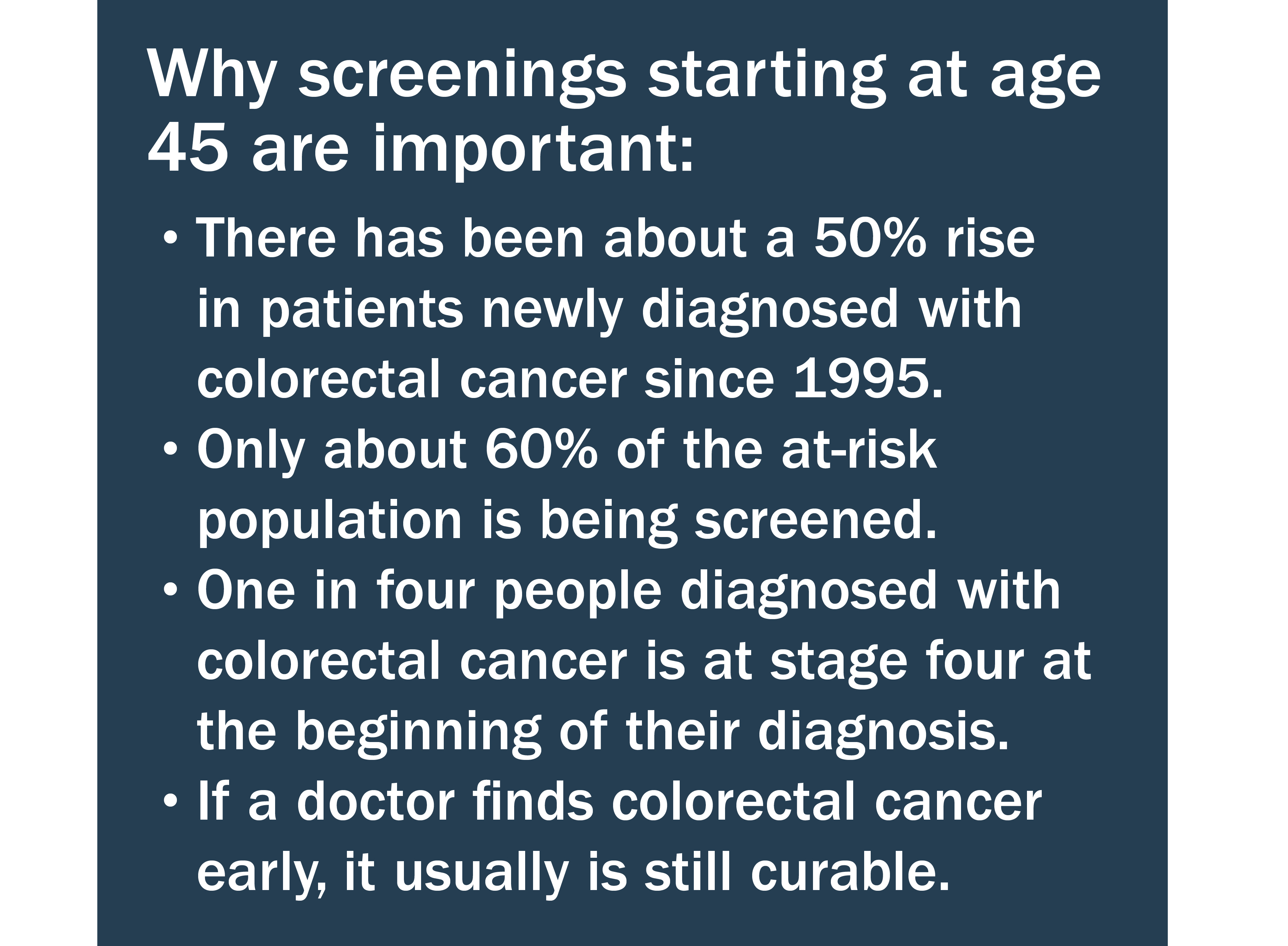
Ridge says, “Maybe less than 17% of people would survive, and I have four small kids. I remember standing in the barn and Steve said, ‘I don’t know that they do enough of that specialized radiation locally. We have one chance, Michele, and if this doesn’t work, you won’t be here to live with the fallout. I am, and I have to be able to live with this decision.’”
That’s when it sank in that cancer is a family experience. So, they agreed to radiation in Indianapolis, followed by an ileostomy.
Then came the hard part of telling their family. With their youngest still in grade school and their eldest just starting college, there was a lot to consider when discussing this monumental event. And on their college freshman’s first visit home, they sat everyone down to tell them mom had cancer and this is their plan to fight it.
During the six weeks of radiation, she was driven back and forth due to the treatment drain. Adding to that, she was working.
“There were a couple of people at work who knew, but not very many,” Ridge says, explaining how she would work until 2:30 pm and then drive to Indianapolis.
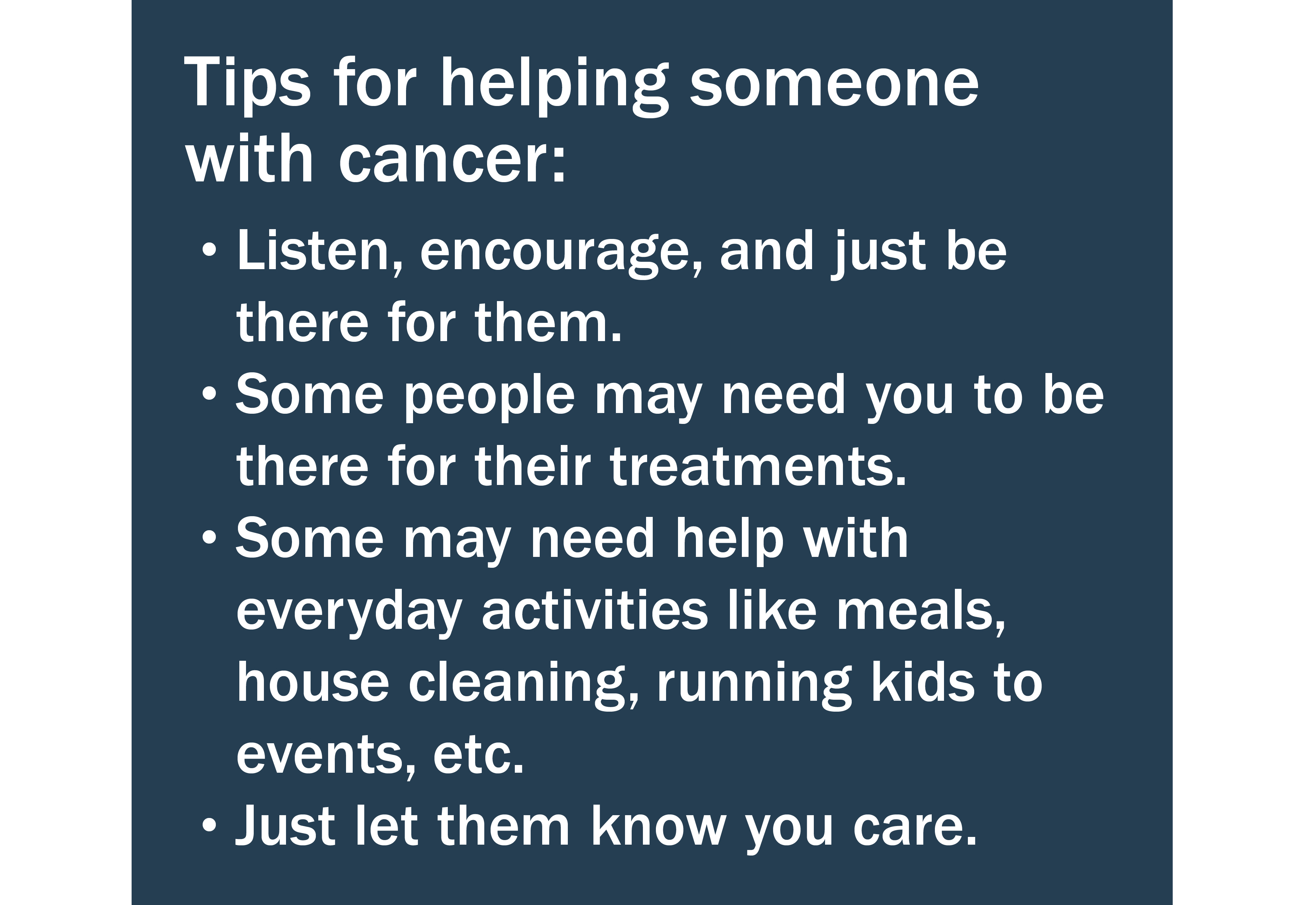
Cindy Herrington was one of those people Ridge told early on. As a certified oncology nurse and someone Ridge had known for years, Herrington was a shoulder to lean on as both a friend and an expert. She was even in the waiting room with Ridge’s family for the entire nine-hour surgery in February 2010.
After the surgery, Ridge rested and waited for news in her hospital room with her husband steadfastly by her side. On day 5, her husband briefly stepped out of the room, which was rare, and missed the doctor coming in to tell her that they got all her lymph nodes, and they were negative—she was cancer-free.
Her husband was distraught to miss out on that wonderful news and asked him to come back and repeat himself, the memory of which still makes Ridge chuckle.
From there came the healing.
“By the time treatment is done, your family is like, ‘Alright, it’s done,’” she says. “And you’re just now processing all you went through.”
Her work family knew the journey wasn’t over and asked how they could help. They brought dinner to her house every day for three months and once even came by to clean the house.
“It created a lot of great family memories,” says Ridge. “And it taught my daughters how to support someone else when you don’t know how to help.”
From there, Ridge continued to have cancer on her mind with checkups every six months. It helped that Helft would call her on her way home to share her results. She was even able to support another patient who was going through similar circumstances.
“Helping somebody else through the journey is very healing,” Ridge says.
And after her five-year checkup with Robb, Ridge knew she would be fine.
“There are days I still get frustrated with my ostomy or because I have hearing loss from chemotherapy or the neuropathy in my feet,” says Ridge.
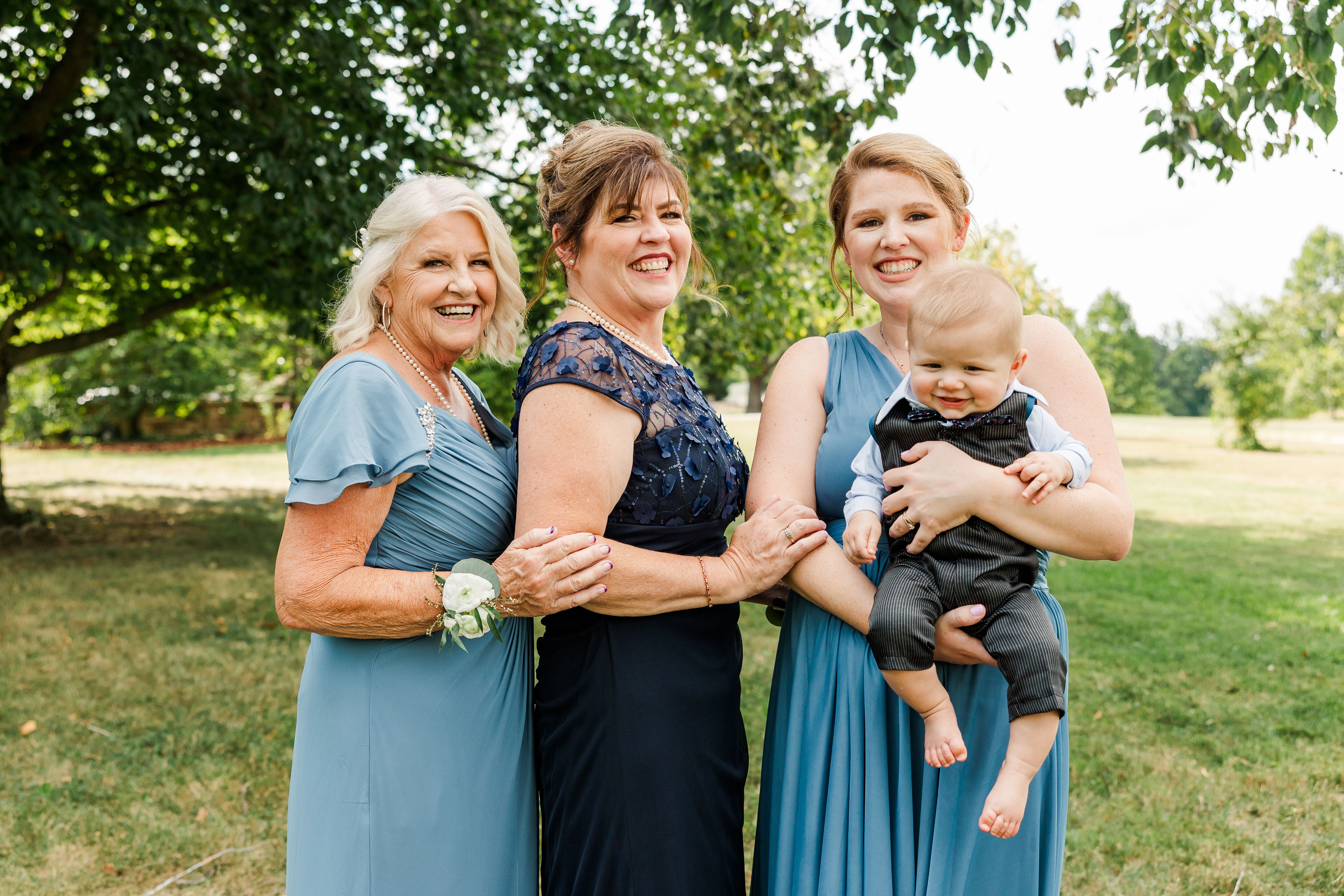
But throughout this experience, Ridge says, “I’m grateful to still be here.”
Birthdays, her children’s graduations, anniversaries, her first grandchild…Ridge could have missed so many special events if she had waited much longer to seek a specialist’s help, so she encourages everyone to listen to their bodies and speak up when something is “off.”
Ridge finishes, “You have to advocate for yourself and say if something isn’t right with you. You know you better than anyone else.”
